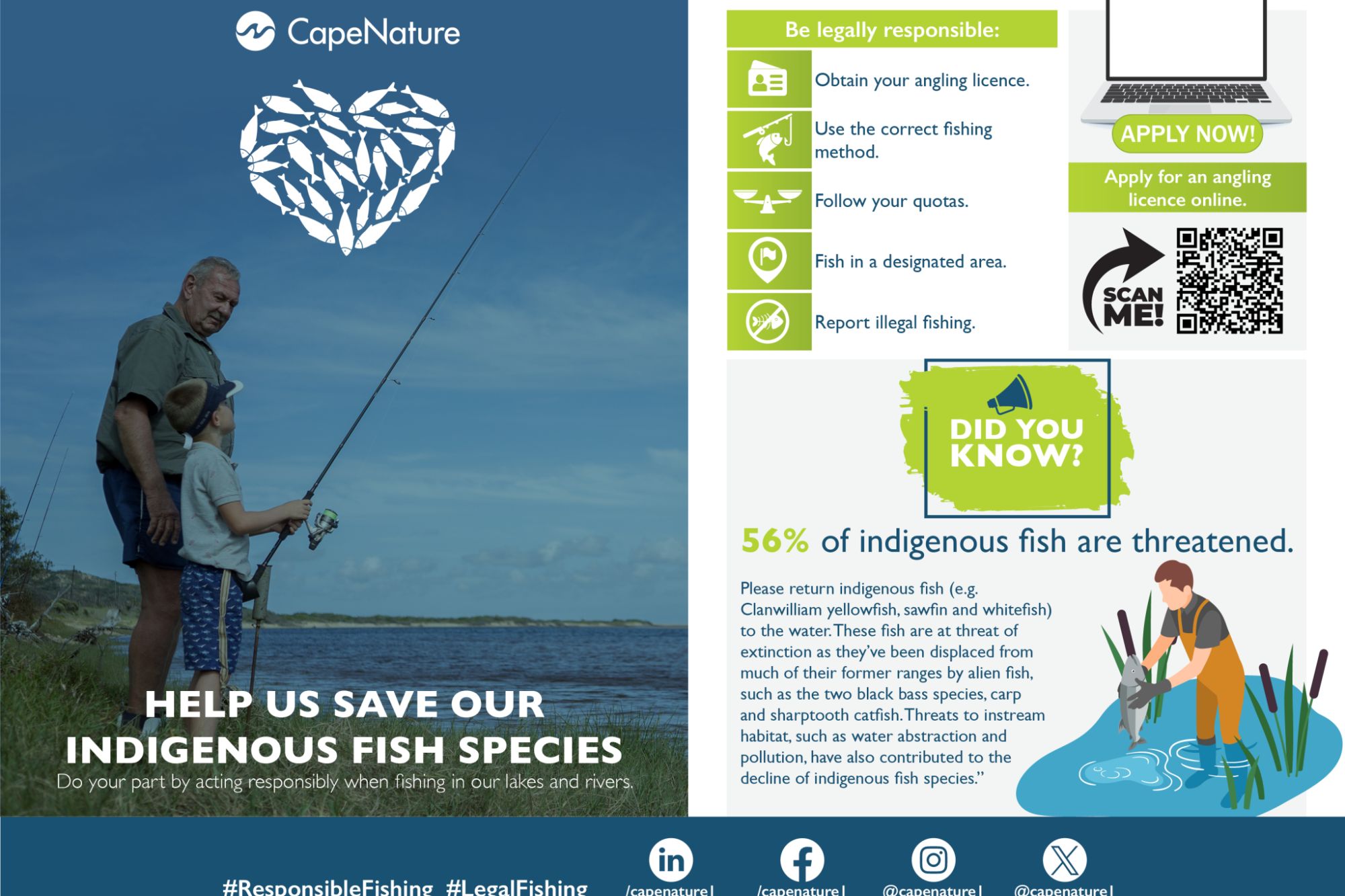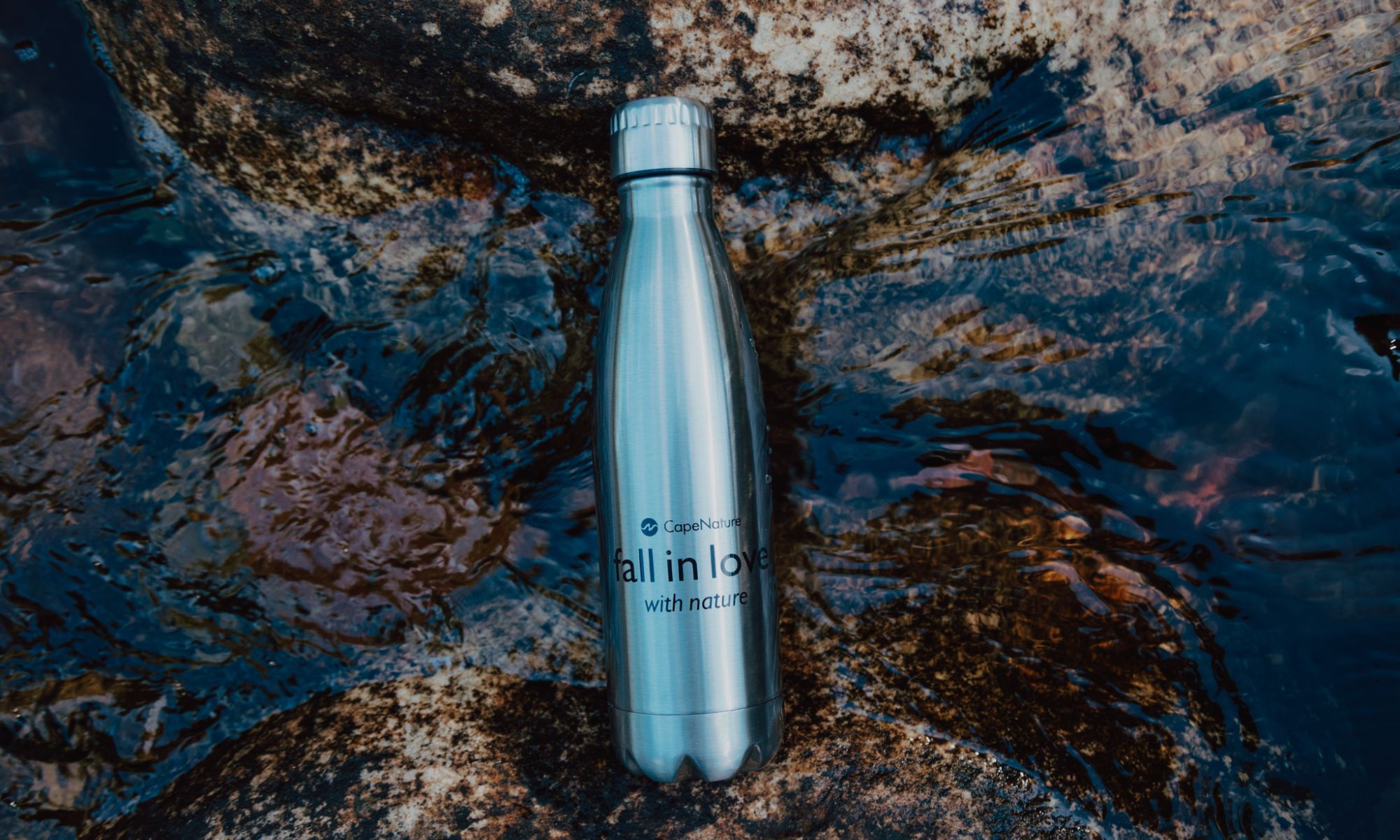
Responsible Angling ensures a Sustainable Future for both the Environment and the Communities that rely on these Resources
The Western Cape is home to an array of freshwater habitats, from serene mountain streams to picturesque dams. These bodies of water host a variety of fish species, including indigenous species such as yellowfish, tilapia, and catfish. The region's rivers, such as the Breede, Berg, and Liesbeek, are renowned for providing excellent angling opportunities. The abundance of freshwater ecosystems makes the Western Cape a prime destination for both local and visiting anglers.
Whether you're a seasoned angler or a novice looking to cast your first line, understanding the regulations, and acquiring the necessary permits is crucial for an enjoyable and sustainable angling experience. Before embarking on your freshwater angling adventure, it's essential to comprehend the significance of obtaining a permit. These permits are not just bureaucratic red tape; they play a pivotal role in conserving aquatic ecosystems, maintaining fish populations, and promoting sustainable fishing practices. By adhering to the regulations set forth in the permits, anglers contribute to the preservation of natural habitats and the well-being of fish species, ensuring that future generations will also enjoy the thrill of freshwater fishing.
Top freshwater fishing spots in the Western Cape include Theewaterskloof Dam, the Berg River, and Elandspad River. Around 56% of freshwater fish are threatened, indigenous fish like the Clanwilliam yellowfish, sawfin, and whitefish should be returned to the water. These fish are at threat of extinction as they’ve been displaced from much of their former ranges by alien fish such as the two black bass species, the carp and sharptooth catfish.
In South Africa, inland fisheries are governed by the National Freshwater (Inland) Wild Capture Fisheries policy, with additional provincial ordinances and environmental regulations, especially for recreational freshwater fishing. In the Western Cape, freshwater angling (dams, rivers, and lakes) is regulated by CapeNature in terms of Nature and Environmental Conservation Ordinance 19 of 1974. You can learn all about fresh water angling here. You can apply for your freshwater angling licenses here at a cost of R45 per year. Be legally responsible by obtaining your fishing licence, using the correct fishing method, following quotas, fishing during permitted season, fishing in a designated area and report illegal fishing.






